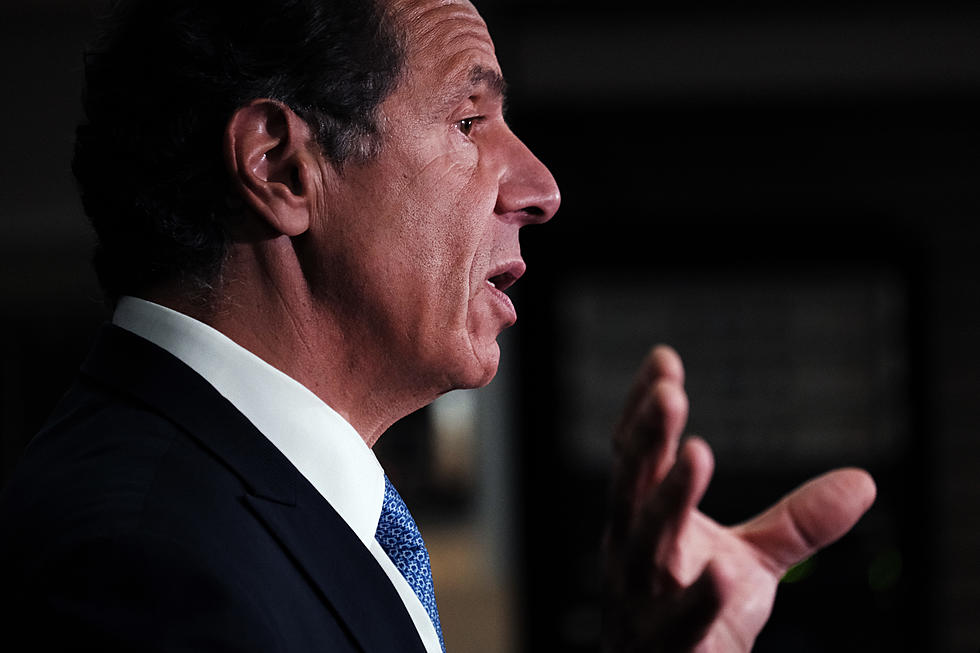
FCC Votes in Favor of Strong Net Neutrality Rules
The Federal Communications Commission on Thursday adopted new Net neutrality rules that will allow federal regulation of broadband service as a public utility.
In a 2-3 vote, the FCC reclassified Internet service under Title II of the Communications Act of 1934, which historically allowed the FCC to set rates and ensure equal access to traditional phone service under "common carrier" rules.
This reclassification prohibits broadband providers such as Comcast, Time Warner, and Verizon from throttling (blocking or slowing down) legal content, applications, or services on their networks. It also prohibits ISPs from favoring some content or traffic over others and prioritizing content from their affiliates. This means no “internet fast lanes” for content providers willing to pay extra for such prioritization.
The decision is being hailed as a victory by Open Internet advocates, Silicon Valley tech firms, and companies such as Netflix, Amazon, eBay and Google. These groups lobbied and led grass roots movements among their customers in favor of the Title II reclassification, arguing that fast lanes would give unfair advantage to wealthy Internet firms and strangle innovation by hindering small businesses and start-up content providers.
ISPs opposed to the reclassification argued that paid prioritization agreements are not at odds with the concept of Net neutrality. They also say regulating the broadband industry in such a way will stifle innovation by discouraging investment in network improvements and could allow the government to set rates, impose new taxes and tariffs, and force network operators to share their infrastructure with competitors.
The FCC’s proposal does contain a section titled ‘Major Provisions Subject to Forbearance’ which states that broadband providers will not be subject to tariffs or rate approvals, unbundling, or other forms of utility regulation, such as an automatic Universal Services fee.
Former FCC Chairman Michael Powell, now a cable company lobbyist, responded to Thursday’s decision with disbelief.
"The FCC has taken the overwhelming support for an open Internet and pried open the door to heavy-handed government regulation in a space celebrated for its free enterprise," he said . "The Commission has breathed new life into the decayed telephone regulatory model and applied it to the most dynamic, free-wheeling and innovative platform in history."
However, current FCC Chairman Tom Wheeler has said fears that the commission's actions are an attempt to regulate the internet are overblown, and that they are “no more a plan to regulate the Internet than the First Amendment is a plan to regulate free speech.”
In an official statement, Wheeler said "Let me be clear[:] the FCC will not impose “utility style” regulation. We forbear from sections of Title II that pose a meaningful threat to network investment, and over 700 provisions of the FCC’s rules. That means no rate regulation, no filing of tariffs, and no network unbundling."
The FCC's rules are not yet official. They will need to be approved by the Office of Information and Regulatory Affairs - a process that could take as long as 120 days. The rules would then be published in the National Register, after which Congress could vote to nullify them. President Obama has said he would veto such a measure. The new rules will most likely be challenged in court as well.
More From KTEM-AM

![Bullet Grazed Border Patrol Agent’s Head During School Shooting [PHOTOS]](http://townsquare.media/site/34/files/2022/05/attachment-Screen-Shot-2022-05-26-at-12.27.42-PM.jpg?w=980&q=75)



![Are Texans Being Bullied into Getting The Vaccine? [Poll]](http://townsquare.media/site/154/files/2021/09/attachment-Bullied.jpg?w=980&q=75)


